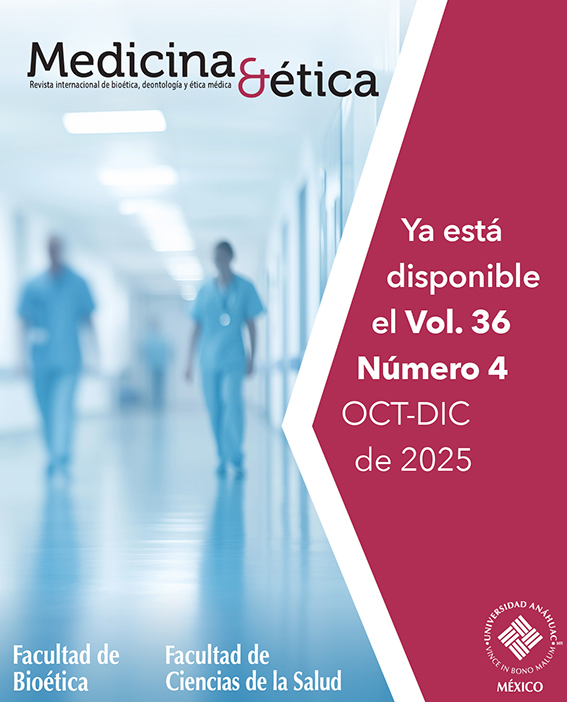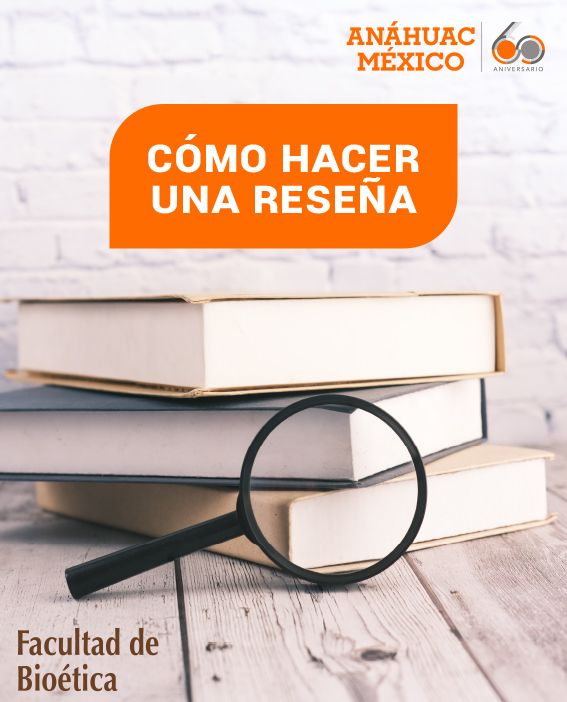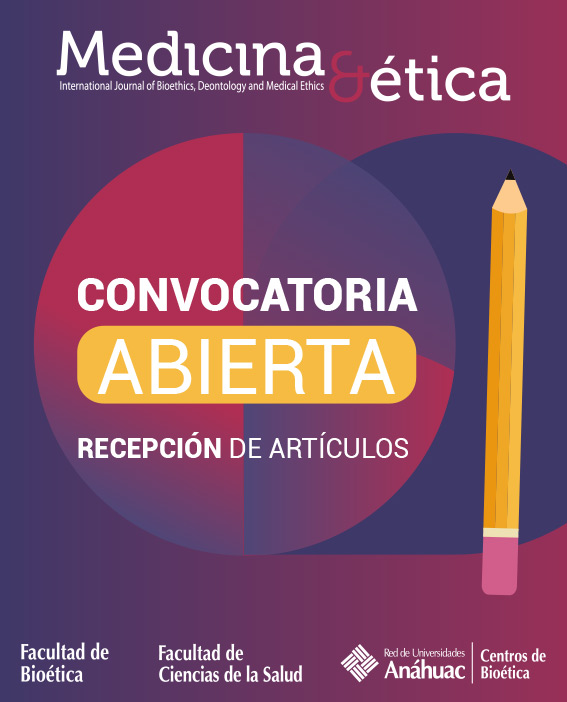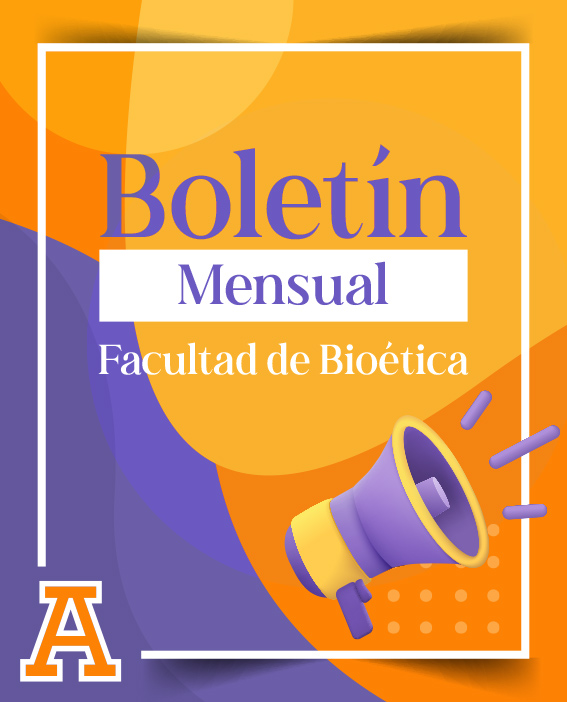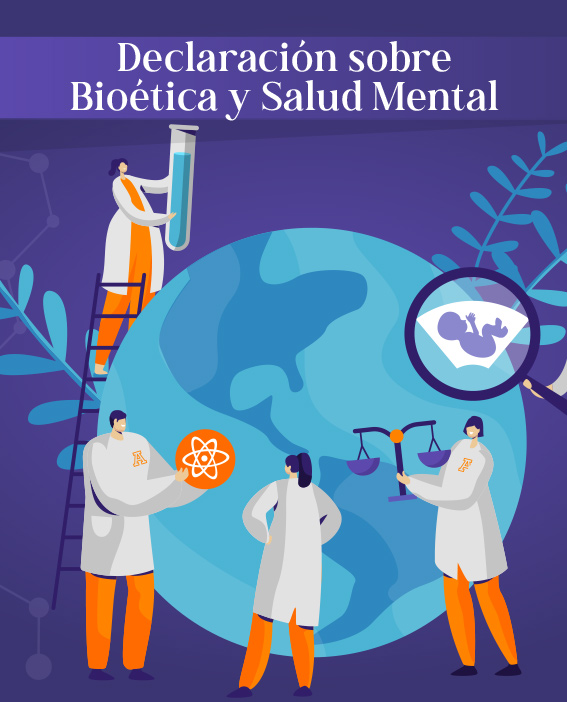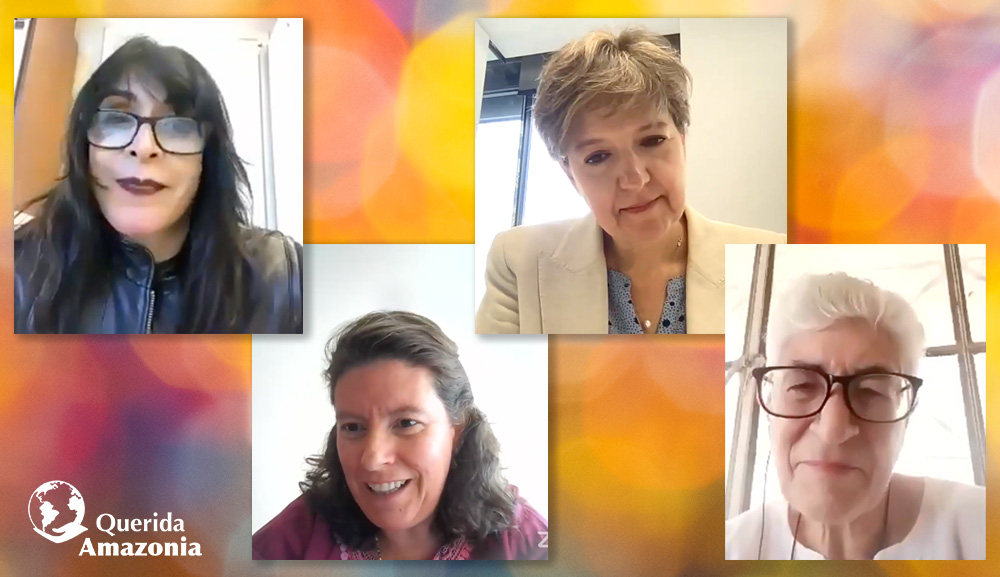
In this space, in which experts on the subject participated, they spoke about the female face in the Church.
On March 8th, a conversation was held in commemoration of Women's Day entitled: "The female face in the church: building hope at the borders." On this occasion we have the participation of Dr. Emilce Cuda, who is currently Secretary of the Pontifical Commission for Latin America, Sr. Conny Mateos RSCJ who is a religious of the Sacred Heart in Mexico, Prof. María Eugenia Cárdenas, director of the Anahuac Center for Leadership and Comprehensive Postgraduate Training and Director of the Anáhuac México Women's Institute, as well as with Sr. Dolores Palencia, belonging to the Congregation of the Sisters of Saint Joseph of Lyon.
Dr. Emilce Cuda began the discussion on: "The female face in the church" explaining that the relevance and effort of what each woman has achieved is the result of collaborative work, in which in more than 150 years of struggle of women in around the world made it possible to reach current advances in human rights for women. She highlighted the work of the church as the people of God that travels and makes history.
Likewise, Dr. Cuda highlighted the work of working women and their role in the church, as people dedicated to good either through their academic work in universities, hospitals, politics, or art, as it continues to be part of the mission of the church. that work of dedication to good through synodality, since by bringing the living word to their study or work centers.
On the other hand, Dr. Emilce highlighted the Catholic woman as part of the creation, being a constitutive part of it, since she explained that the woman is a collaborator of the creation, in which the will of God is reflected, since it is made in the image of Him. This work as a collaborator allows the dignity of women through the work they do. Finally, she affirmed that the work of women also represents a social guarantee for any person to be able to perform and display their creativity and collaboration as co-creators.
Sr. Conny Mateos RSCJ shared her experience understanding the role of women in Uganda. She related that there is a very marked social role between men and women, because while the man is merely limited to watching over the cattle, the women are the "owners of the land", being the ones who build houses, work the land and carry the sustenance Thus reflecting what women represent in the sense of community within society. She also explained the contribution of the women of the
Ugandan community for peace against armed violence, with various actions such as the explicit refusal not to bless the weapons of men who intend to rob or kill, highlighting their role as artisans of peace in the region.
The Prof. Maru Cárdenas explained the work of Catholic women in their search for a vocation and the need to give themselves to the mission, understanding the role that each woman has and the values that they transmit to other individuals. She explained how currently education is wrong because they are taught to focus on individuality, thus losing many principles of the gospel, which invite charity and solidarity.
To close the discussion, Sr. Dolores Palencia, shared her experience in her work at the migrant shelter in Tierra Blanca, Veracruz, where she highlighted those qualities such as empathy, and constant actions such as prayer and the encounter with the Risen Christ are tools to face the difficulties and fears of their sometimes-risky job. She concluded that women are called to be generators of life, supporting the freedom of the human being.
You can see the full conversation in the following link: https://fb.watch/bGgCuxsJlW/
Más información:
MPSS Jhosue Hernández
Facultad de Bioética
bioética@anahuac.mx

